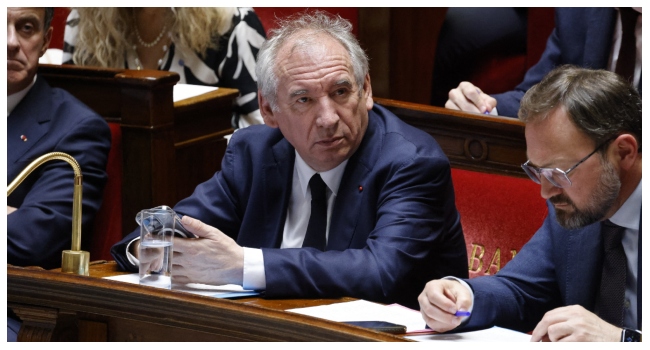Prime Minister Francois Bayrou announced a controversial plan to reduce France’s national holidays from 11 to 9, aiming to alleviate the country’s significant debt burden.
During the presentation of the 2026 budget proposals, Bayrou highlighted the potential removal of Easter Monday and May 8, a day commemorating the end of World War II in Europe, as part of fiscal tightening measures.
This proposal has ignited immediate backlash, with critics from both the far-right and leftist parties condemning the move as an attack on France’s cultural heritage and labor rights.
Political Backlash and Social Implications
Jordan Bardella of the National Rally and Jean-Luc Melenchon of France Unbowed have voiced strong opposition, framing the proposal as a disregard for historical significance and workers’ welfare.
Bayrou defends the measure, estimating it could inject billions into the economy, amidst France’s struggle to meet EU deficit targets and manage its towering debt, second only to Greece and Italy in the EU.
Broader Fiscal Measures
Alongside holiday reductions, the government plans spending freezes, cuts in civil service numbers, and increased contributions from the wealthy, aiming for a deficit reduction to 4.6% next year.
Bayrou’s reference to Greece’s financial crisis serves as a stark warning of the perils of unchecked public spending, underscoring the urgency of France’s fiscal reforms.


